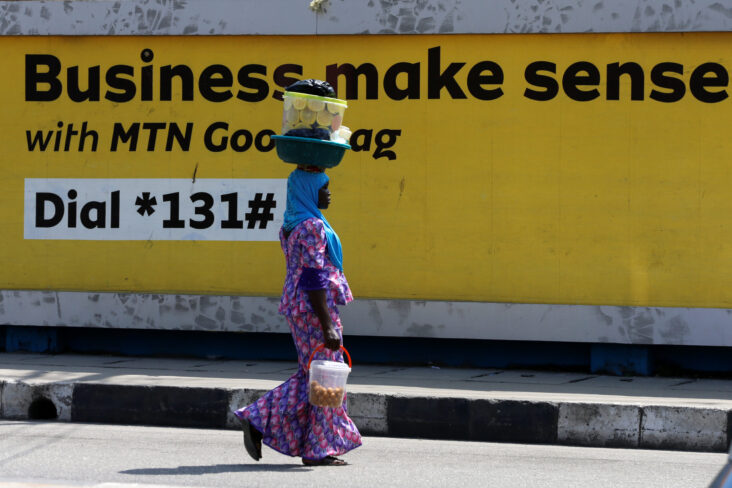By Seth Onyango – bird Newsroom.
Just months ago, telecommunications firm Safaricom – famous for its Mpesa and other digital offerings – made its Ethiopian entry. Now, its regional peer, MTN, has signed a partnership deal with Flutterwave that will enable businesses in Cameroon, Côte d’Ivoire, Rwanda, Uganda and Zambia to make cash transfers via MTN Mobile Money (MoMo). Both moves are big wins for financial inclusion in Africa.
This digital move is primed to plug millions of unbanked people in those countries into mainstream financial services and prop up businesses especially those in remote areas.
MTN and Flutterwave’s deal follows Safaricom’s entry into Ethiopia earlier this year, giving it access to a market of more than 110 million potential subscribers.
Safaricom, East Africa’s biggest telco, is gearing up for the commercial launch of operations in Ethiopia in 2022, with its subsidiary there announcing it will invest $8.5bn over ten years to steer digitalisation. The firm aims to build a team of 1,000 employees by June next year.
“Our ongoing recruitment process is intentionally guided by the promise of a digital future for the people of Ethiopia,” Anwar Soussa, Managing Director of Safaricom Ethiopia said last week.
MTN MoMo is a fintech platform providing individuals and businesses with an electronic wallet, for contactless financial services like electronic transfers and payments.
Its deal with Flutterwave’s deal comes on the back of explosive growth in Africa’s mobile money systems that has made the continent a world leader.
More significantly, it is expected to boost financial inclusion for those with no access to mainstream banking services in the aforementioned countries. According to Statista, mobile money has become a big business for telecommunication providers in Africa.
Approximately 144 mobile money providers operate in Africa, with two companies such as M-Pesa, MoMo and Orange Money accounting for a significant share of the market.
“M-Pesa, managed by Vodafone and Safaricom and operating in seven countries, has seen significant growth in recent years. The service attracted an additional 12 million users from 2017 to 2020, reaching 41.5 million users by 2020,” the research firm says.
“M-Pesa users made 12.2 billion transactions in 2020, generating$ 784.36m in revenue for parent company Safaricom. MoMo – MTN Group’s mobile money offering – has enjoyed similar growth, reaching 35.1 million active customers in March 2020.”
The article continues below

Free download
Get your free PDF: Top 200 banks 2019
The race to transform
Complete the form and download, for free, the highlights from The Africa Report’s Exclusive Ranking of Africa’s top 200 banks from last year. Get your free PDF by completing the following form
The IMF estimates show Africa has more digital financial services users than any other region in the world, accounting for nearly half of the 700 million individual users globally.
In 2011 the level of financial inclusion in Africa was just over 23% and jumped to almost 43% in 2017, buoyed by the growth of digital financial services. The figure is expected to be much higher today.
According to the AfDB, financial inclusion has grown dramatically in recent years, as seen in the number of countries that committed to the Maya Declaration and the G-20 Financial Inclusion Action Plan, as well as strategies and targets set by individual governments.
The Kenya Economic Report 2020, conducted by the Kenya Institute for Public Policy Research and Analysis (Kippra), for example, shows that financial inclusion in the East African country jumped to 82.9% in 2020 – an impressive growth from 26.7% a decade earlier.
In Nigeria – a country with an estimated population of over 211 million as of 2021, the financial inclusion rate has registered consistent growth, rising from 56.8% in 2016 to 63.2% in 2018 and is expected to reach 70% by 2020.
In the DRC, mobile money services jumped 16% by 2017, pushing the overall financial inclusion rate from 3.7% to 26% from 2011 to 2017.
Still, Africa’s unbanked population remains huge with an estimated 350 million adults lacking an account, 63 million of which are Nigerian. In Ethiopia, 60% of its adult population, about 70% of the DRC’s adult population, and 66.67% of Egypt’s adult population did not have a bank account in 2017. At 43% bank accounts penetration, Africa lags behind the 69% global average and the 63% developing world average.
bird story agency.

